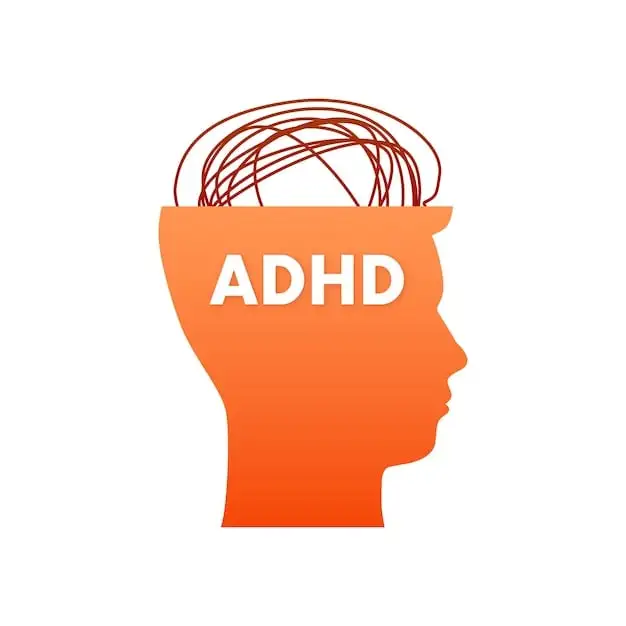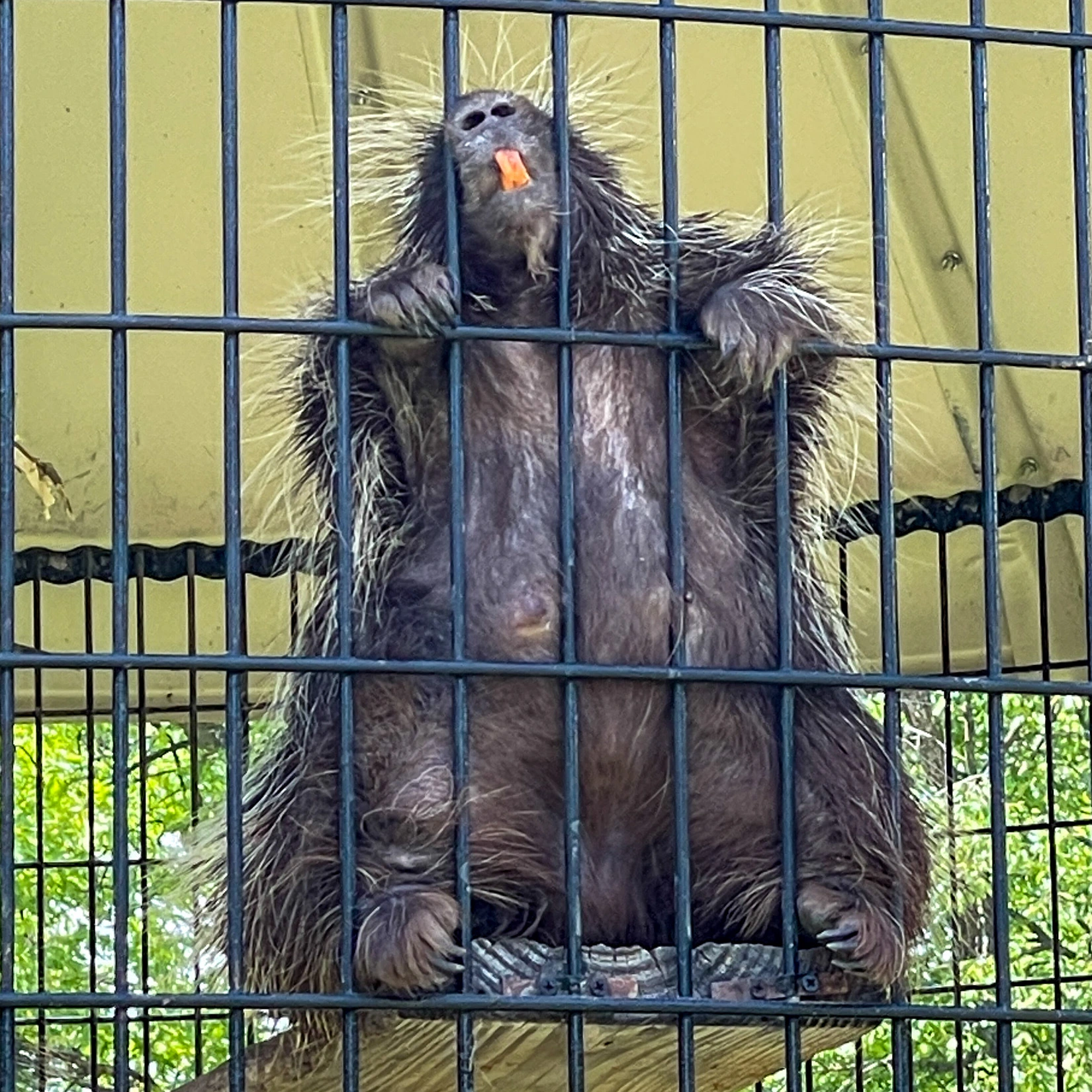Hey everyone,
I still was rather recently diagnosed late in life. Some very helpful people already helped me on another topic, so I wanted to come to you all again:
I have had sleep issues for ages. I didn’t get why, I tried pretty much all the neurotypical advice I was given my whole life or learned about. Sadly I am among the many that still have loads of sleep troubles. Not gonna lie, they broke my spirit more often than I could recount.
I have the full party going:
- Trouble falling asleep due to a few factors (among others: Negative thought spirals, sponanious ideas and impulse control to keep them in check, but mostly that - with hunger, thirst or pain - I just don’t notice my own needs.
- Trouble sleeping longer than (3-4 h) and not being able to fall back asleep
- As consequences of the above I am usually not rested at all. Sometimes I just pass out after work, which makes things harder later at bed time.
As I learned, our bodies should usually sleep at night and our brain chemistry is built for that (duh). But sometimes with ADHD our whole bodily clock is just being off by a lot. That’s apparently why some of us sleep from late at night till late in the morning. Per se fair enough, but not super healthy. And I personally couldn’t find a job that starts at 12 a.m…
Also neurotypical people are apparently not supposed to be bored out of their mind, trying to fall asleep. Supposedly they can lie down, relax their thoughts and can be asleep between 10-20 minutes. My brain for once won’t stop being flooded with thoughts, sensory inputs and such. Those 10-20 are more like 1-2 for me and only with a 25% chance I sleep more than 4 hours.
The only successes I had so far falling asleep when I wanted to, was with prescription meds (with serious health risk attached). The othet thing that works sometimes is, if I can focus, to go on mental adventures, which ideally keep me occupied till I doze off. And the worst thing that works is just having to sleep due to sheer exhaustion.
When we wakes up, apparently many of us can also struggle to fall back asleep. At least I know, wrong bad thought and that was it for the night.
I didn’t know I had ADHD and didn’t really know how it affects every part of me. Therefore i coulnd’t treat my issues properly either. I am still learning lot, but quality adult ADHD resources suck, to be frank. Kinda sad how we are aware ADHD is rough in the mildest cases and you still have to filter all the pseudoscience and bullshit out, just for breadcrumbs of advice.
I must have tried basically all things of the neurotypical advice, I thought could help me. I think especially sleep hygenie is something all people can work on regularly, also us with our ADHD. Improving sleep hygiene might take many forms with ADHD., though. How does yours look?
I’d kindly ask everyone with some knowledge or personal advice to chip in. That’s if and how you found ways to make it easier to sleep for youself. Would you share your stories, so we might all learn more?
Not all tools are for everyone, as we know. But I will give everything here a fair shake and your experiences can be very valuable to me and others too.
I don’t mind starting with basics, mine are probably shoddy. If someone more knowledge or experienced could share their wisdom and get me pointed in the right direction. A bit of advice on where to start and maybe some resources would be appreciated greatly. I feel I fucked up so much treating the comorbid problems of my ADHD, I might have to start from scratch here with “how to human”. I probably learned and adapted many things, which might make my sleep troubles even worse and gotta unlearn some.
Any and all comments are much appreciated, thank you.
Lifetime chronically poor sleeper here - Look at Andrew Huberman for advice.
Natural supplements: magnesium threonate, glycine, l-theanine, apigenin. No melatonin.
Prescription: 50mg Trazadone when things are really bad. Dogs can easily get this drug prescribed :)
Hygiene: regular sleep time. No phones in bed. Cold room. Improved bedding. If you can’t sleep or wake up in the middle of the night, get out of bed and do -something- that isn’t on a screen for a few minutes. No water near bedtime. No caffeine after noon. Try a white noise machine and a high quality eye mask such Manta.
10 minutes of sunlight immediately after waking. View the sky before the sun sets. Enable blue light filters using something like Twilight, specially for evening hours. Avoid overhead lights at night and, if possible, at night switch to lights that are lower than your head.
Regular meditation and breathing exercises. No alcohol within 4 hours of sleep. Don’t eat any food near bed time.
Get a sleep tracker such as Oura to provide metrics and data on the efficacy of these various methods and to see how your body reacts to timing of stuff like meals, alcohol, supplements, etc.
Wakeup: bright light box or sun
Evening (after 6): dimmed, amber-red lights
Smart lights or anything like Phillips Hue colored bulbs are a game changer for sleep
I also have difficulties sleeping, and if I don’t have access to my various strategies I can’t get to sleep because of over thinking, and waking frequently and immediately overthink and can’t get back to sleep.
My main ‘trick’ is finding the right audiobook and playing that as I go to sleep. It’s a bit of trial and error, to find something that works, but it gives me something to focus on as I try to fall asleep so I don’t think about my day or stress or start getting ideas for some project… And when I wake up in the middle of the night, I turn it back on and I fall back asleep in minutes.
Right book (or podcast or whatever) : for me it needs to be a story I know (so that I don’t care about hearing what happens next, and don’t get too confused if I miss sections by sleeping), not too distressing / dark (especially as I’m falling asleep I find violent descriptions can jar me awake), relaxing narration (no music or unexpected noises, nice voice, not too upbeat). Non fiction can also work really well.
Right method : what works for me is playing audiobook on an old phone that i keep under my pillow, with no other apps or WiFi, just the audiobook app and a redshift app (Twilight). To begin with I might listen to the book normally for a bit to get familiar, then I’ll gradually turn down the volume as I’m getting tired and as it gets quieter I have to keep still otherwise I can’t hear it over my rustling the bedsheets. If I feel like I’m too engaged and alert I adjust down the playback speed, so the Narrator gets slower and slower, and that usually makes me sleepier.
If you’re not used to it, I can imagine it taking a while to adjust, but it’s totally solved my issues, and now serves as a immediate sleep trigger for me. When I put on my book, I’m usually asleep within ten minutes. And it’s even faster at returning me to sleep in the middle of the night. And it’s something I’ve done now for years, so I’ve got loads more tips if anyone’s interested but this is already tldr…
got more tips
I’ll bite, lets have em.
I watch a tv show on my phone. I know it goes against all the traditional advice, blue light is bad for sleep, blah blah blah. For me, it means I can get 7 or 8 hours of sleep instead of 3.
I don’t watch just any tv though. It has to: 1. Be a show I know well enough where I can tell which character is speaking when I’m only listening. 2. Have a good amount of seasons (8 or more) so I don’t get to where I’ve memorized the episodes and my mind starts to wander. 3. Is one I know in general what’s gonna happen with the characters (so I don’t have to stay up and find out what happens) but isn’t one I love so much that I can’t stop watching. And 4. Doesn’t have a bunch of nonverbal stuff that’s important to the plot.
I have a sleep headband with little speakers in it so it doesn’t keep my partner up. When I’m ready for bed, I make sure my screen brightness is turned all the way down, I put on my sleep headphones, and I lay down and close my eyes to listen to the show. Usually I can fall asleep in less than an hour, as long as I keep my eyes closed. Otherwise I get caught up watching the show and before I know it I’ve watched 3 episodes and I’m still awake.
For me, something similar works - I queue up 6 to 9 hours of podcasts, ideally some that are basically just someone narrating, not a lot of sound effects etc. and stories that don’t grab my attention, or rather, just then right amount, e. g. stories I already know.
I actually wake up in total silence. When sleeping next to someone else, I wear a flat headband with built-in speakers.
The podcast Nothing much happens helps me find sleep, but I personally like to listen to Acephale, Knifepoint Horror. I think the cadence people typically read horror at, and the general atmosphere with the occasional synth drone really does it for me.
I’m really not surprised that apparently, some part of the ADHD brain has to be kept distracted at night to let the other parts relax. Also, to some it might feel paradoxical since medication is typically a stimulant, but ever since getting medicated, my sleep cycle got a lot more regular.
We’re gonna need a list of the shows the meet your criteria
Bob’s Burgers is my sleeping show.



